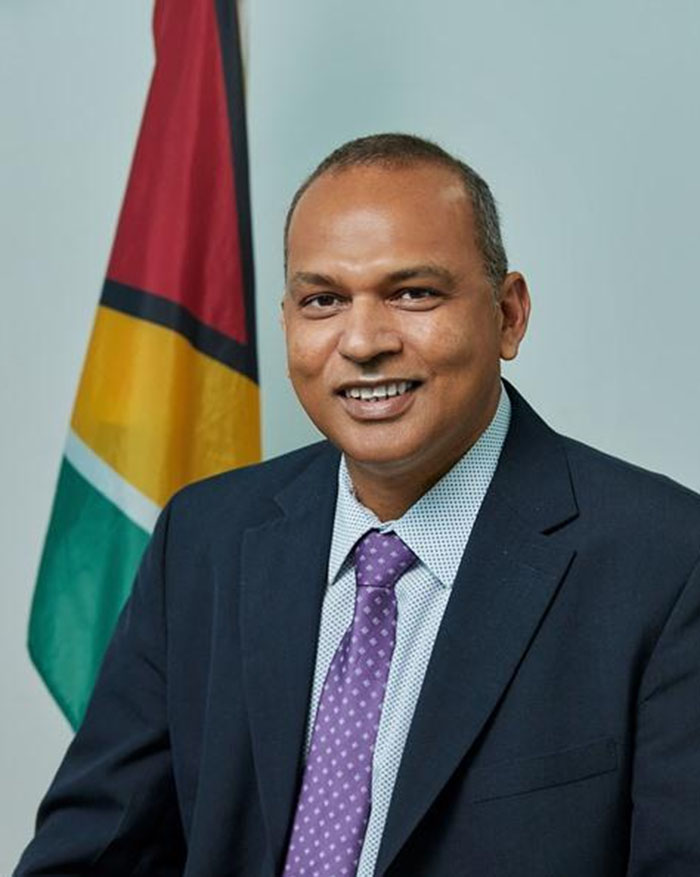Almost one month after announcing that samples were ready to be shipped for genomic sequencing in order to determine the presence of COVID-19 variants here, Minister of Health Dr Frank Anthony yesterday disclosed that there has been a delay in sending them off.
Anthony made the disclosure during his daily COVID-19 update.
Early in January, Anthony had said that some 50 samples were selected to be sent to the Caribbean Public Health Agency (CARPHA) in order to determine what variants of the novel coronavirus may be in circulation here.
During that time he had stated that in wake of the increase in cases that were seen after December 28, 2021, authorities were able to select a few samples. When Anthony made this disclosure early last month, he also noted that the results from the samples would be expected within two to three weeks.
However, during his daily COVID-19 update on Friday he noted that while the samples are packed and ready to be shipped, certain arrangements have to be made and that is what has snagged the process.
Against this background he revealed that another decision has been made to have samples sent to two agencies instead of one. “We’ll be sending to two different centers. So some samples would now be going to the Pan American Health Organisation (PAHO) — they have a lab in Panama — and the other set of samples would be going to CARPHA to the lab in Trinidad,” he said.
Once that is done, he added, they would be able to confirm the possible presence of the Omicron variant here, although authorities have already made a pronouncement that it is here based on the clinical presentation of the virus seen in patients.
Anthony did not officially announce the presence of the Delta variant until December last year after several months of delay in sending samples for sequencing.
Anthony also reiterated that during this year Guyana will be able to do sequencing on its own and would not have to send samples to other labs and further have prolonged delays.
”On another note we have brought in the machine to do gene sequencing in Guyana. We have set up that machine at the National Public Health Reference Lab and we are working collaboratively with Harvard University the T. H. Chan School of Public Health,” he further said.
The machine, he said, came through another project which is being done on malaria and as a result a number of persons from Harvard are here to work with staff at the laboratory to educate them on how sequencing is done. However, while he mentioned that they will begin sequencing on a malaria project, the same techniques used for that sequencing can be employed to sequence COVID-19.
“We are hopeful that maybe in another couple months that we would be able to use the equipment that we have, we will have to buy the kinds of reagents to make sure that we can sequence for COVID-19 but we are in the process of doing so and the professors from Harvard are helping us to build that capacity,” he added.



